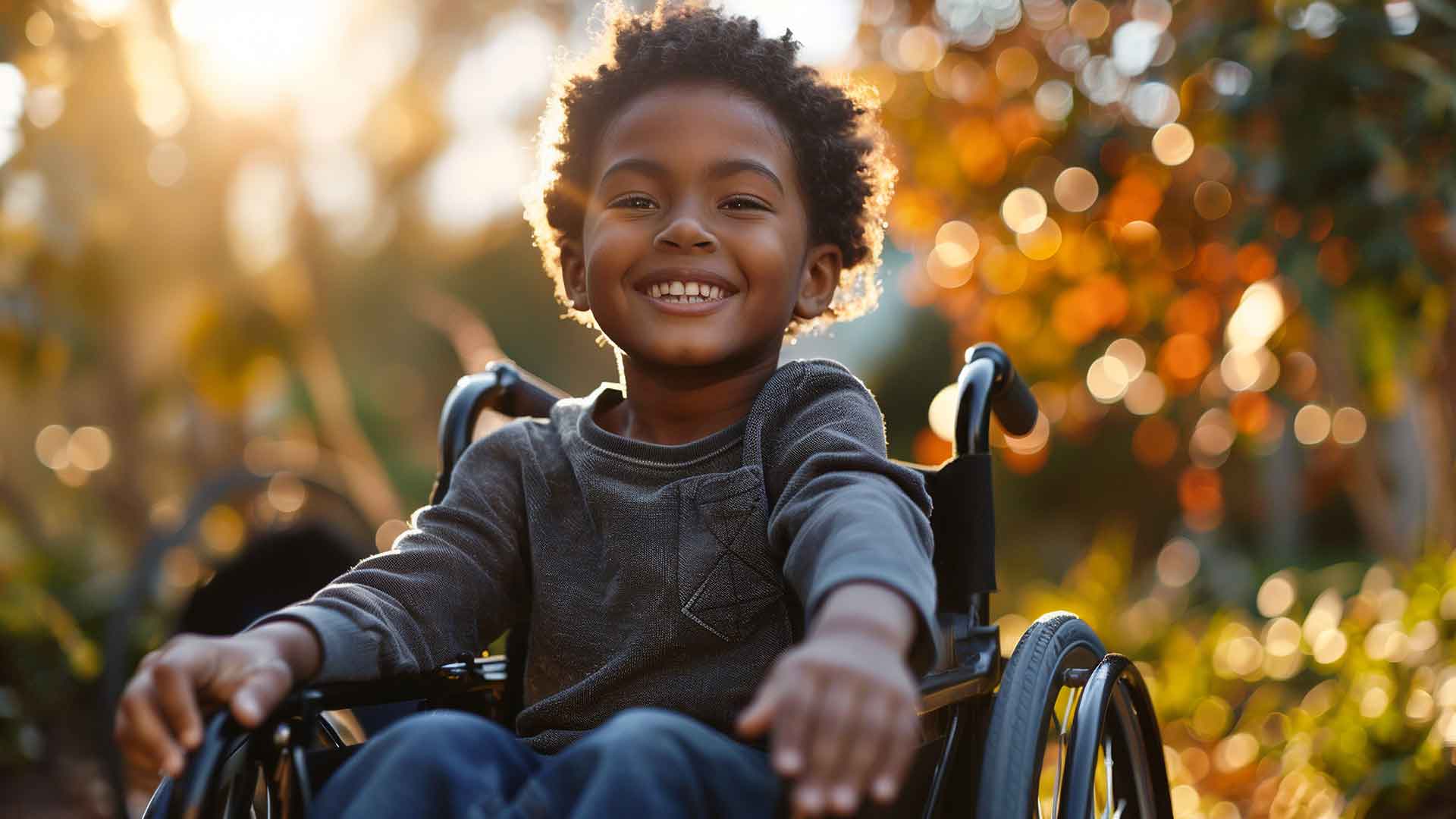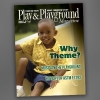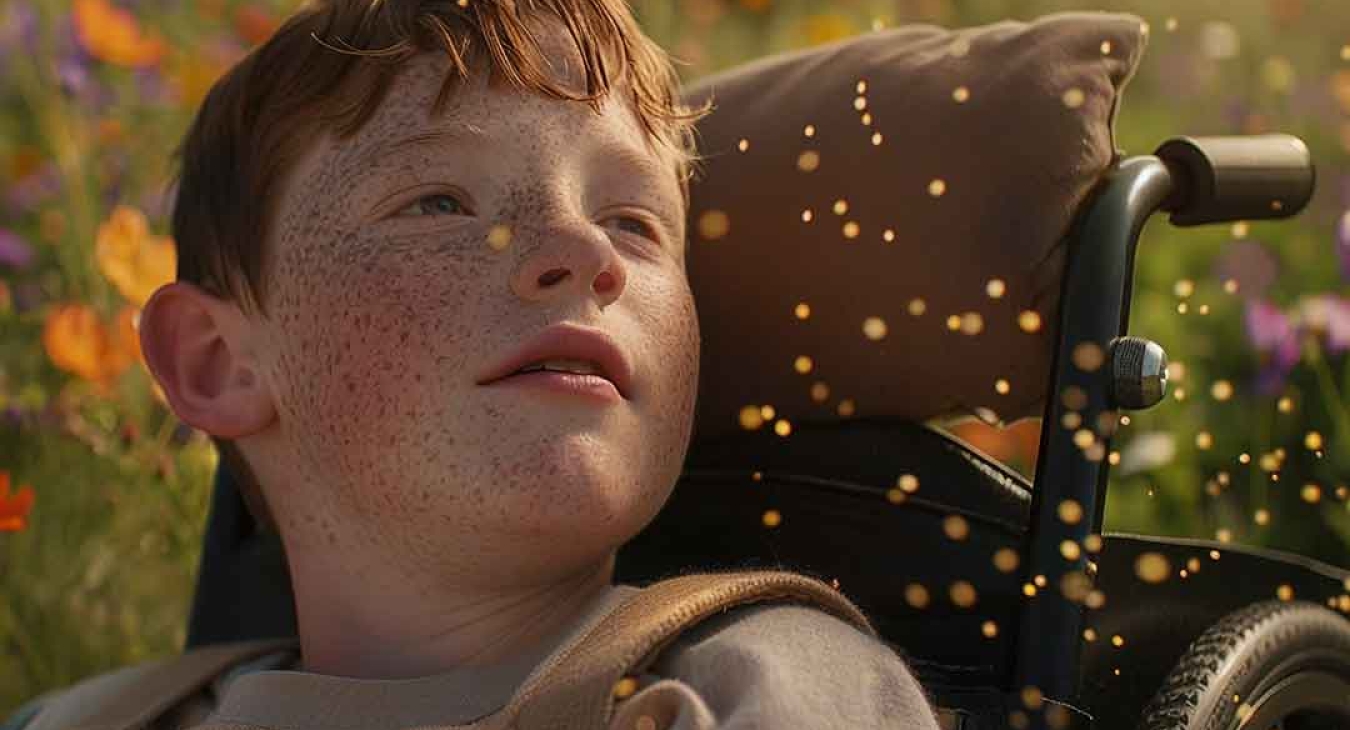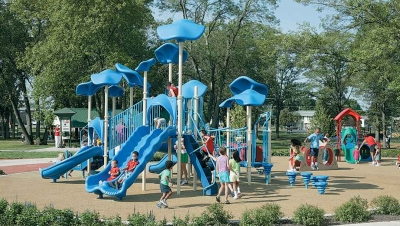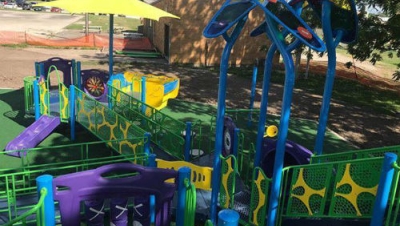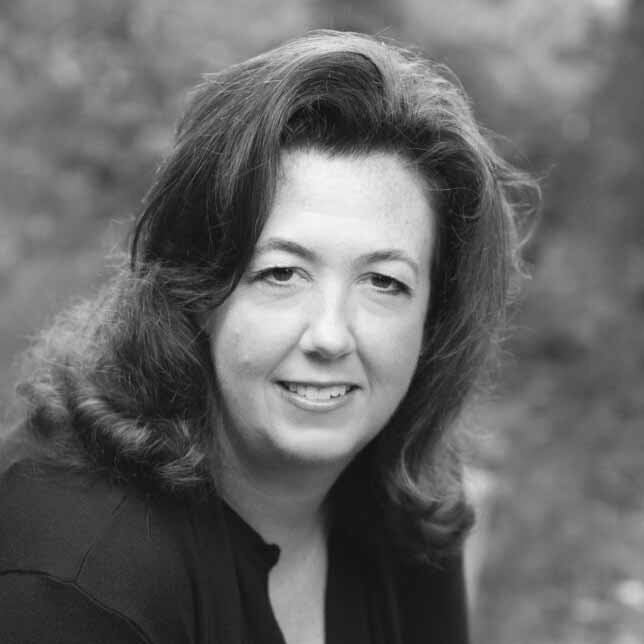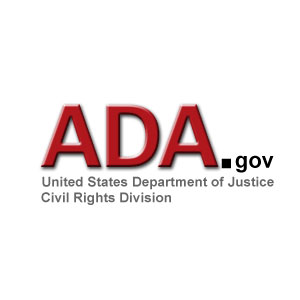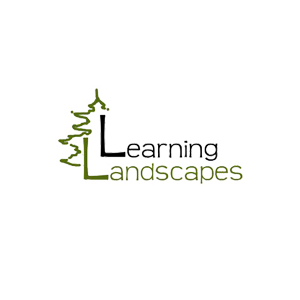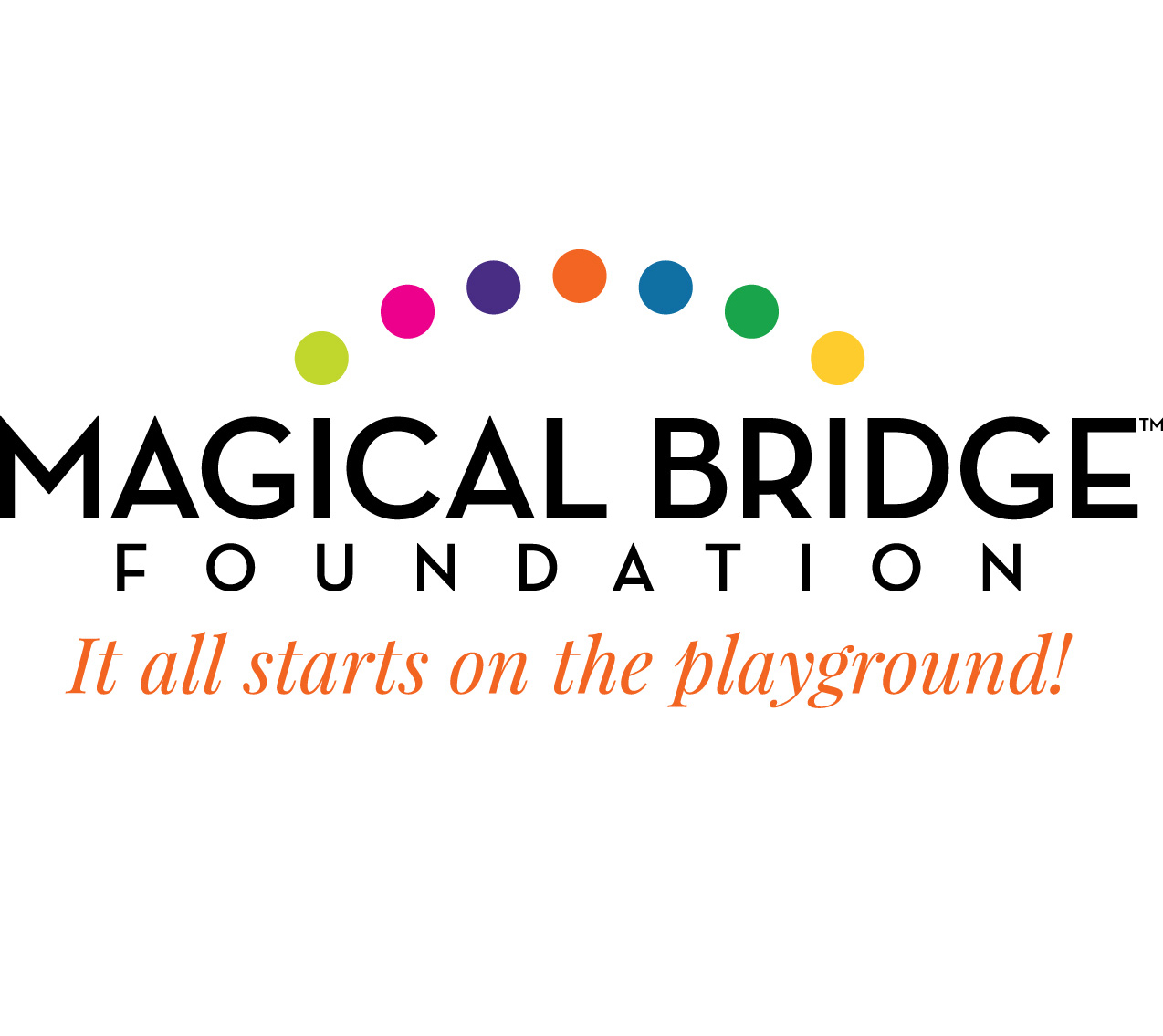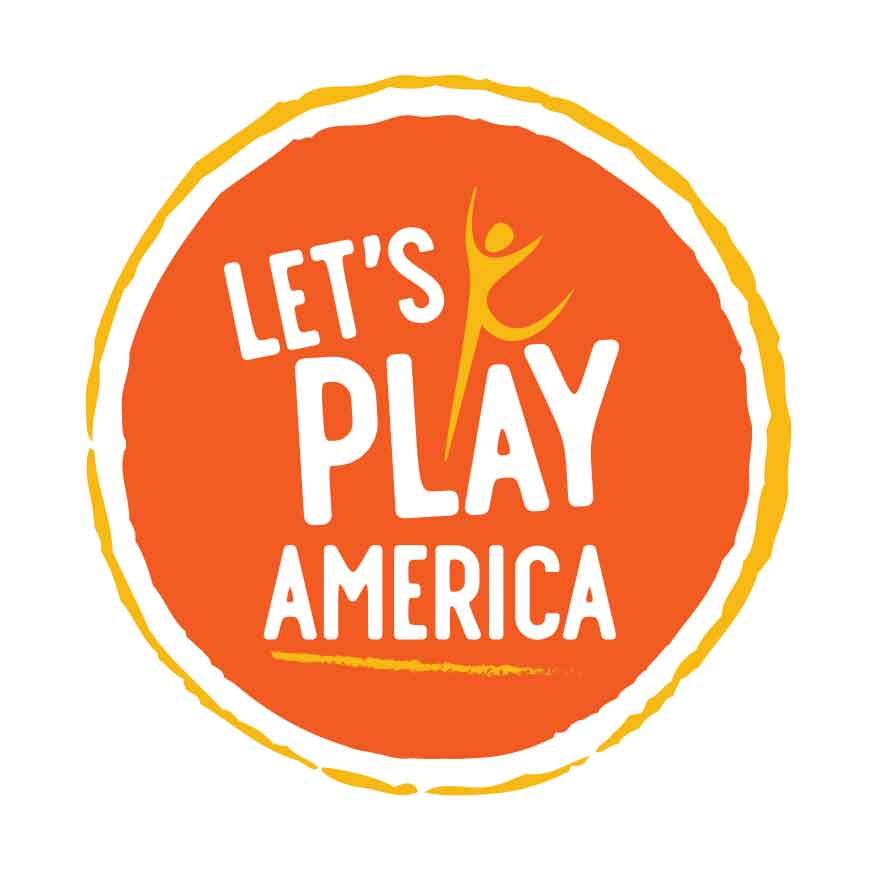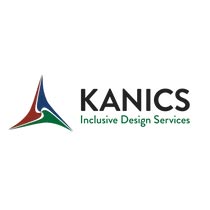How Should We Refer to People with Disabilities?
Do you wear glasses, or know someone who does? Do you know someone with a disability? What’s the respectful way to refer to them? The term “crippled” has long been outdated, and even “handicapped” is now considered inappropriate in most contexts. While you may still hear these words occasionally, the preferred approach today is to use people-first language—acknowledging the person before their condition. After all, don’t we all want to be recognized first and foremost for who we are?
Sometimes we can get caught up in labeling people by a single characteristic. Personally, I am a mother, daughter, sister, friend, editor, co-worker, and neighbor. My children call me Mom, and my parents call me their daughter. Those words feel right to me, because they reflect who I truly am.
If I had a disability, I would still want to be recognized as a mother, daughter, sister, friend, editor, co-worker, and neighbor. I wouldn’t want to be reduced to “the woman with a disability down the street.”
Instead, describe me as the funny lady down the block if I’m known for my humor. See me for my talents, personality, and contributions. While I can’t fully understand the lived experience of people with disabilities, I do know this: they don’t want pity. What most people want is simple—respect, dignity, and to be acknowledged as whole individuals.

